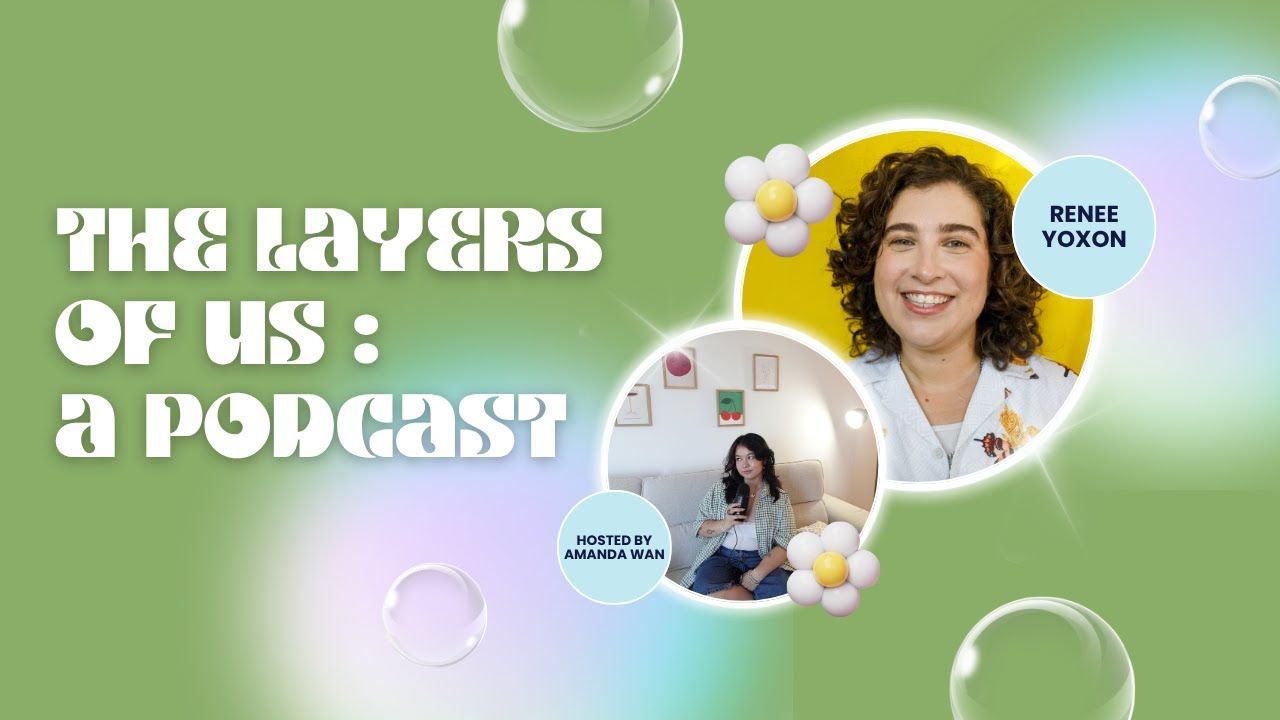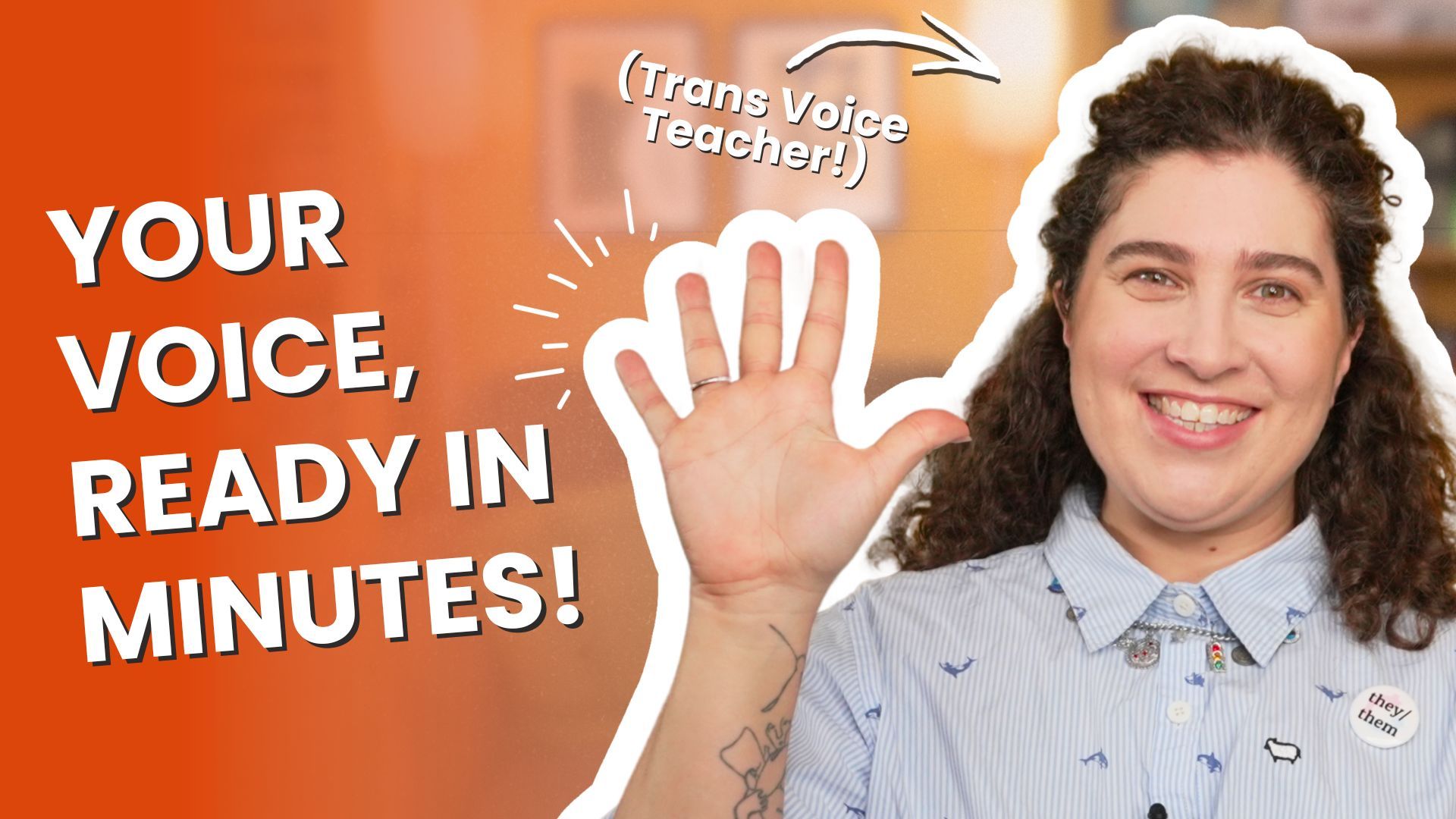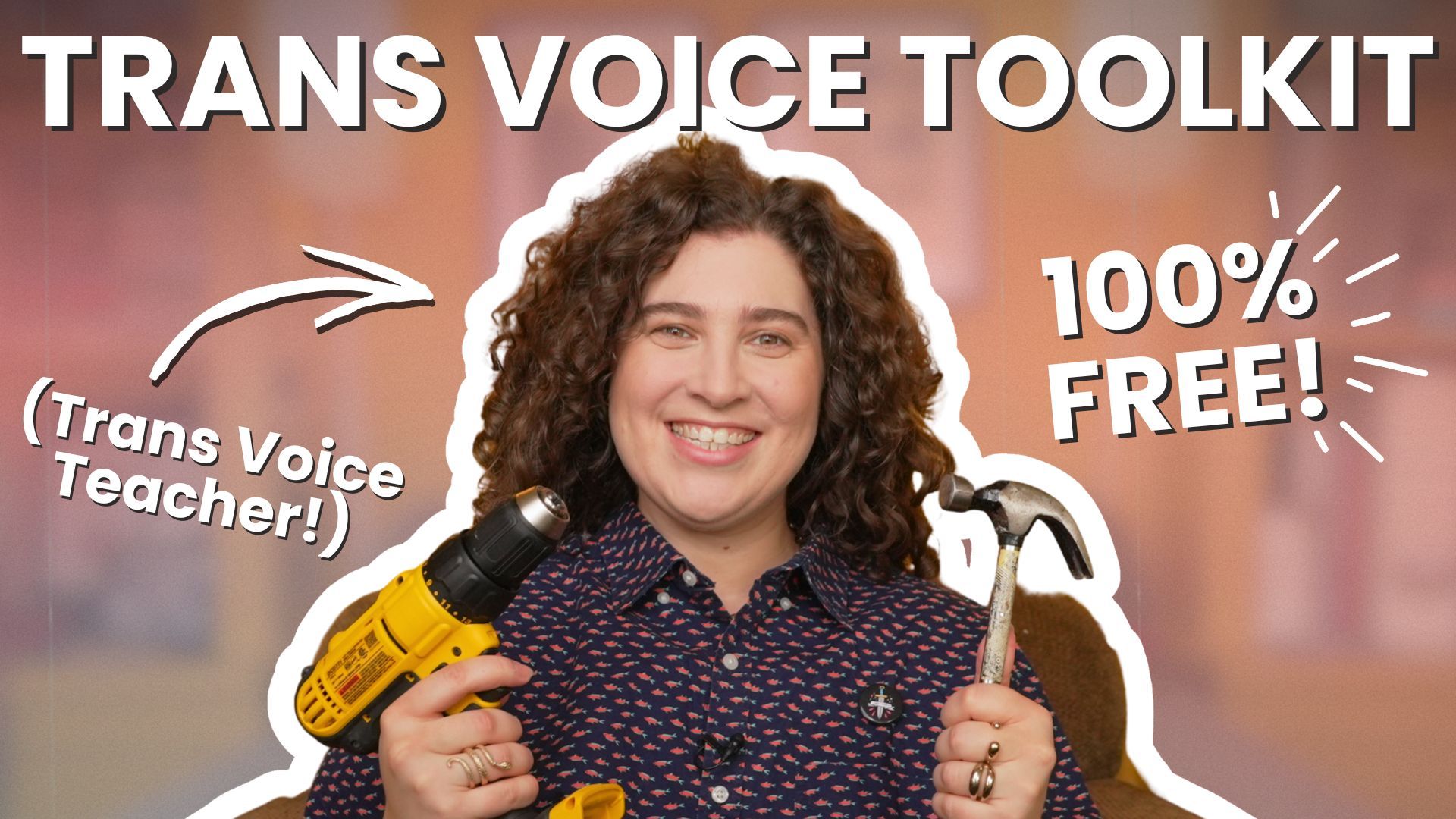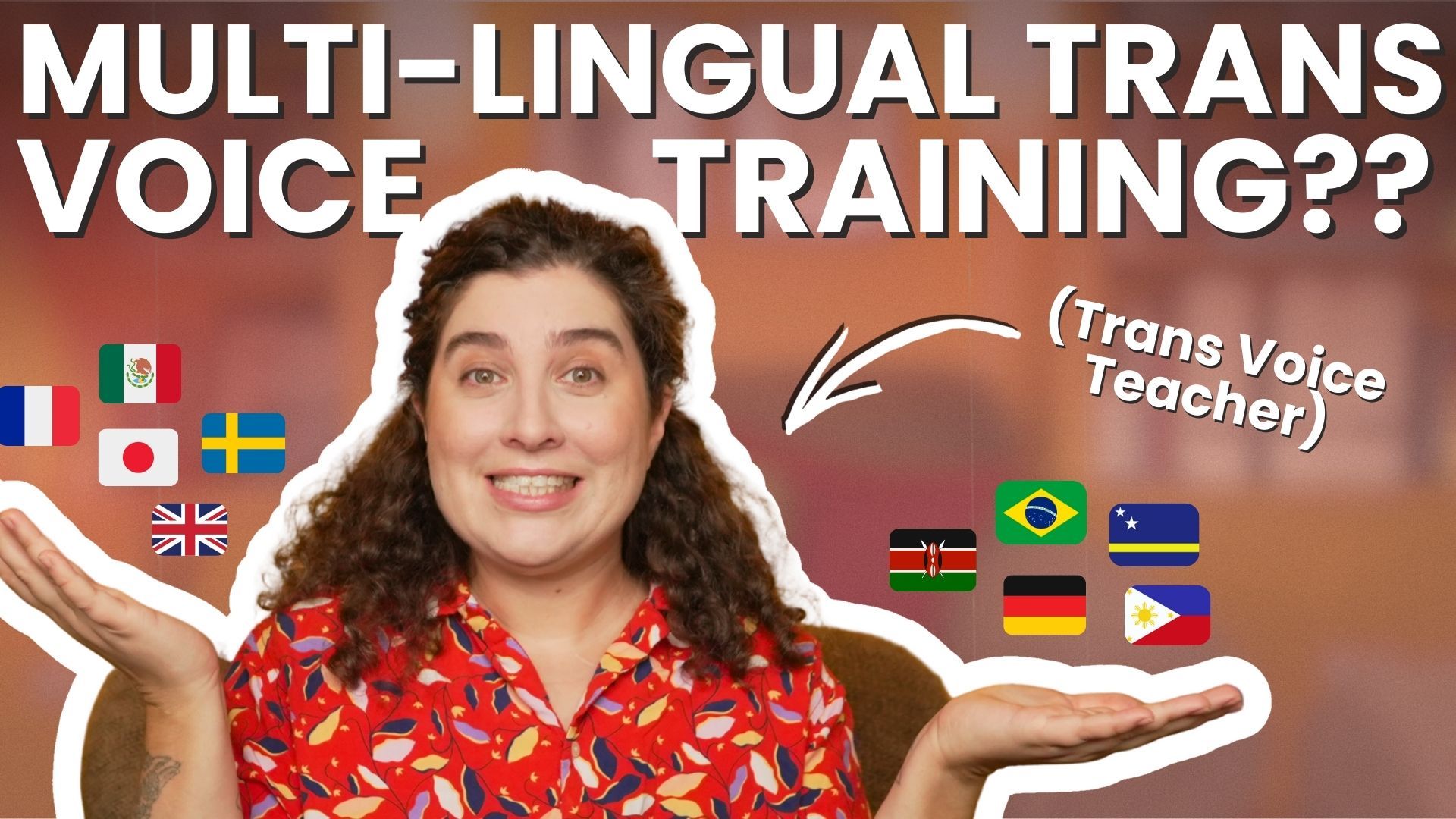Voice, Identity, and Coming Home to Yourself: My conversation with Amanda Wan on The Layers of Us podcast
Oct 01, 2025
I recently had the pleasure of sitting down with Amanda Wan for her podcast, The Layers of Us, where we explored identity, growth, and the stories that shape who we are. Our conversation dove deep into something that's both incredibly personal and universally relevant: the human voice and its connection to identity.
What started as a discussion about my work as a gender-affirming voice teacher quickly evolved into a broader exploration of how we all use our voices to navigate the world, express ourselves, and ultimately come home to who we really are.
Watch the full episode below, or keep reading for highlights from our conversation:
The Journey from Performer to Teacher
I shared my own winding path from aspiring touring musician to gender-affirming voice teacher. Like many disabled artists, I had to reckon with the physical demands of a touring career and the realities of chronic pain. What could have felt like giving up a dream became something entirely different: discovering my true calling in teaching.
The shift wasn't really about changing careers but about recognizing where my joy actually lived. Teaching allows me to break down complex ideas into simple building blocks, to see the light of understanding in someone's eyes, and ultimately to help trans people find happiness in their voices. That became more fulfilling than performing ever was.
What Most People Misunderstand About Voice
Here's something that surprises most people: Your voice is not fixed. Just like you can choose your hairstyle, your clothes, or whether to learn the trombone, you can also choose to modify the way you speak. It's not fake or deceptive. It's simply exercising your bodily autonomy.
We discussed how voice is shaped by everything: who raised you, where you've lived, what you've done to stay safe, and where you are in your life right now. It's constantly changing as we age, and those changes never stop. I compared recordings of myself from 15 years ago and could barely recognize my own voice.
For people interested in gender-affirming voice work specifically, I explained that pitch isn't the most important factor. Many people think they need to sound higher or lower, but resonance (the colour and quality of the sound) matters much more than pitch alone.
Key Topics We Explored:
- Voice as a private, barrier-free way to explore gender identity
- How you don't need a doctor's permission to modify your voice
- The benefits of a music background in voice teaching
- Building community from TikTok to YouTube and beyond
- The difference between voice teachers and speech-language pathologists
The Mindset Shift That Changes Everything
Amanda asked for advice for someone just starting their voice journey, and I offered both a practical exercise and a mindset shift. The exercise (which I call the "key oh exercise") is something I've shared on my YouTube channel and has resonated with countless people.
But the mindset shift might be even more powerful: What if it were easy?
When we believe something is hard, it becomes hard. This is especially true with singing and voice work. The harder you try, the worse the outcome usually is. When you ask yourself, "What if it were easy?" and approach an exercise from that place, your body relaxes, your breath flows freely, and you get far better results.
This wisdom extends far beyond voice work. It's a reminder that sometimes our biggest obstacle is our own assumption that something must be difficult.
Peeling Back Layers
When Amanda asked what layer I wanted to explore in myself over the coming year, I got vulnerable. After years of being a subject matter expert in my field, I've grown comfortable with being good at what I do. But I'm currently writing a book and developing as a speaker, and these challenges have reminded me that I'm not very good at being bad at something anymore.
The layer I want to peel back? Not being afraid to have people see me trying. As experts in our fields, we sometimes overlook the value of allowing others to witness our learning process. There's power in showing up imperfectly and working hard to improve, even when we're not naturally talented at something.
Want to Learn More?
This conversation is just one of many where I've explored voice, identity, disability, and music. If you're interested in hearing more of my interviews and podcast appearances, or would like to have me as a guest on your show, please visit my interviews page.
Want weekly tips, resources, and insights on trans voice training? Sign up for my newsletter and get the latest content delivered straight to your inbox. It's free!









